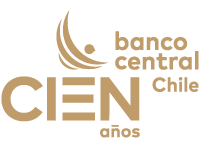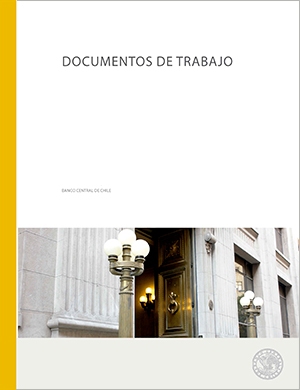Working papers N° 282: Customs Unions And Foreign Investment: Theory And Evidence From Mercosur’sAuto Industry
Publications
Working papers N° 282: Customs Unions And Foreign Investment: Theory And Evidence From Mercosur’sAuto Industry
Autor: Francisco J. Parodi , Çaglar Özden
Description
This paper demonstrates how regional trade agreements (RTAs) can lead to both foreign direct investment expansion and relocation effects. These two effects, in return, impact the endogenous formation of RTAs. The investment expansion effect results from foreign firms’ ability to serve a larger market from a single facility. The relocation effect occurs due to the firms’ desire to move their initial plants from high-cost member countries to low-cost ones. The relocation effect can overwhelm the expansion effect for the high-cost members and lead to the collapse of socially efficient RTAs. The auto industry in Mercosur is a great example to study these phenomena. Argentina was worried that low-cost Brazil would attract all of the foreign investment and dominate both markets. To convince Argentina to agree to free trade in automobiles (and to Mercosur), the auto sectoral agreement included the Compensated Trade Clause (CTC) which requires each firm to balance its trade between these countries. This mitigates the relocation problem by forcing firms to produce some models in Argentina and entices the governments to sign the RTA.
Working papers N° 282: Customs Unions And Foreign Investment: Theory And Evidence From Mercosur’sAuto Industry
Boxes and graphics

